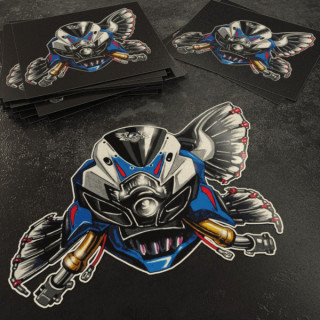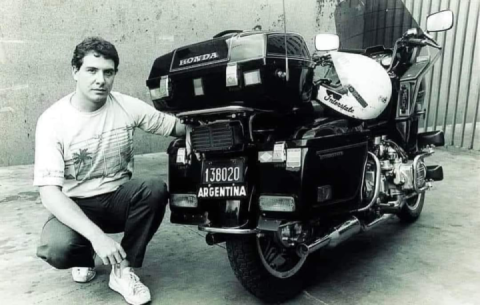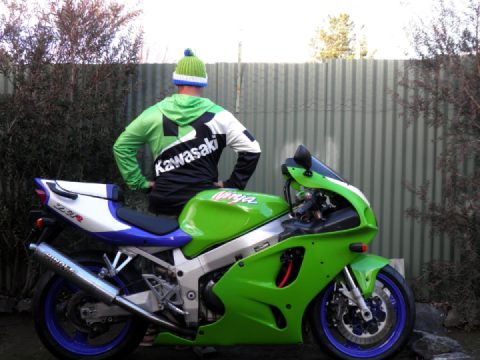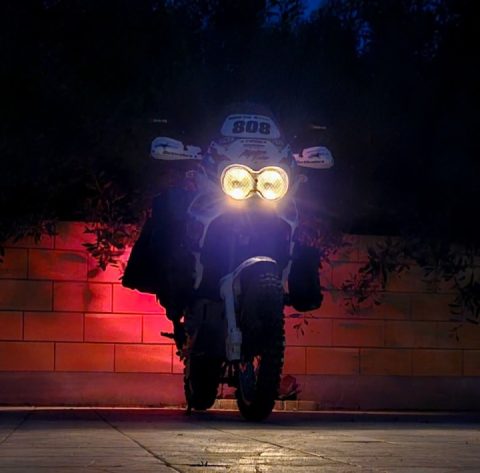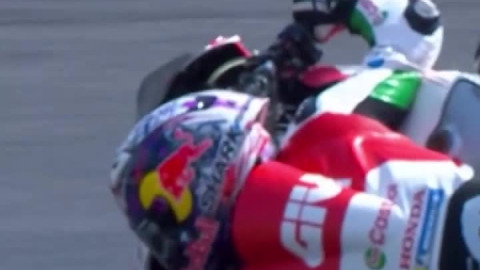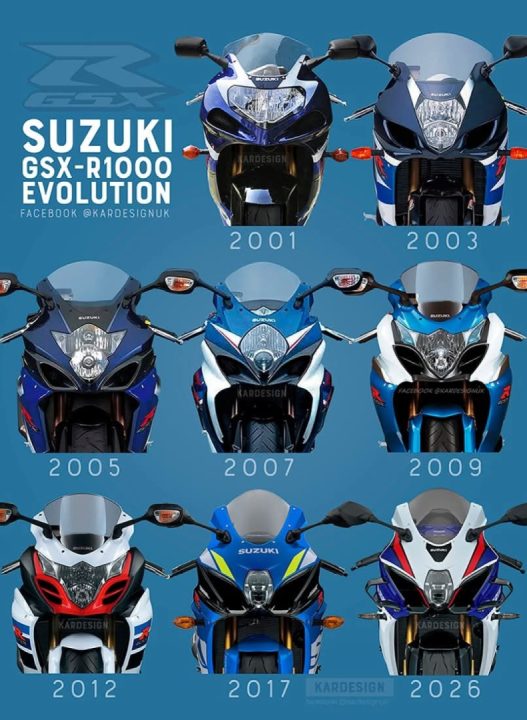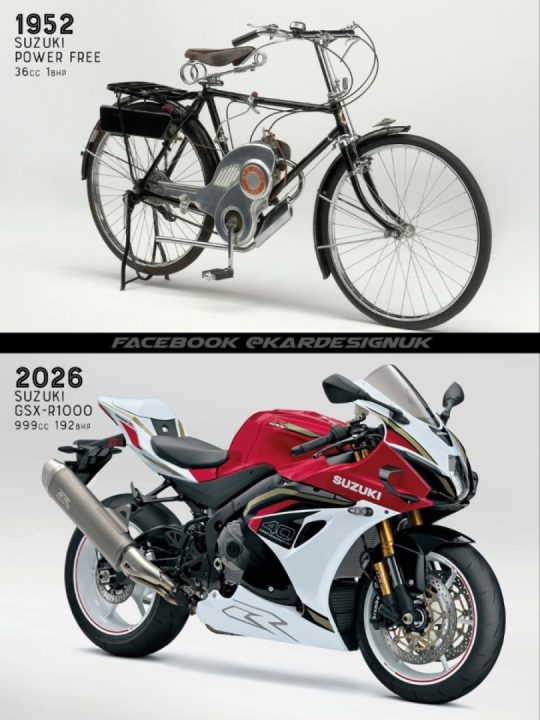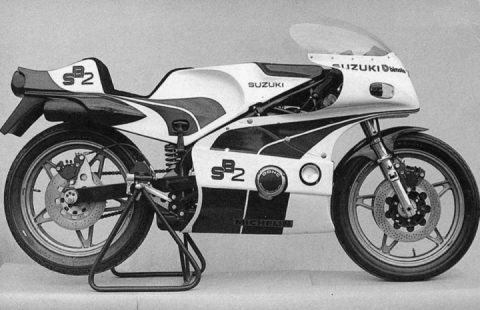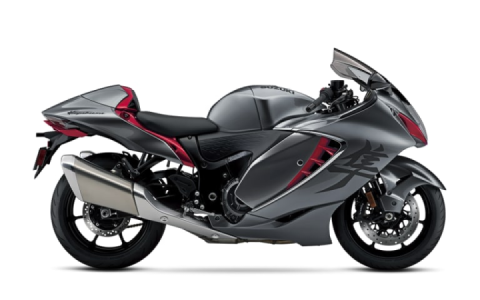
Suzuki RM250 Two-Stroke that should be made
The concept of parallel universes may sound far-fetched, but who isn’t intrigued by the idea that there just might be a separate and unique reality just one plane away from our version of life? It is human nature to wonder “what if?” At every crossroads in life, individuals make choices, but what if they had made different ones? What if you had gone left instead of right? What if Lee Harvey Oswald had missed? What if the AMA rejected the idea of the four-stroke exemption rule? What if all of these possibilities exist in a parallel universal? Who knows how things would have played out?
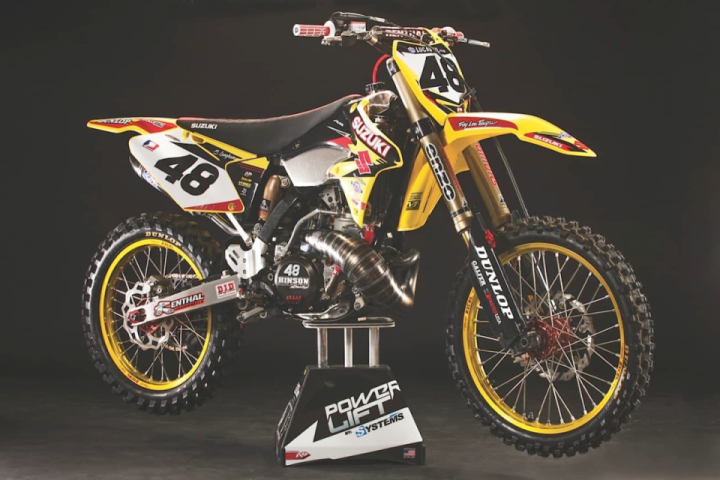
In our little insular world of motocross, we often ask, “What if Suzuki had never stopped producing two-stroke RM250s at its Toyokawa production plant back in 2008? What would Suzuki’s parallel universe look like if the bean counters had listened to the diehard two-stroke fans?” Today, two-strokes are a hot commodity. KTM will sell 30,000 250cc two-strokes in 2017 for worldwide consumption. How big a piece of that two-stroke pie would Suzuki have had if the company hadn’t stopped making two-strokes a decade ago?
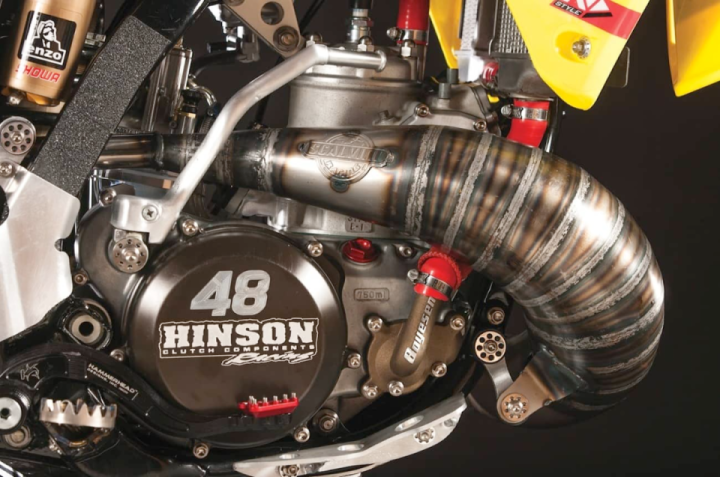
It’s easy to take a misty-eyed view of what if, but 10 years ago the motocross world was a different place. Racers were clamoring for four-strokes, and two-strokes were dying on the vine in dealerships across the country. Suzuki, Honda and Kawasaki didn’t have the vision that KTM had. They were tired of dumping money into bikes that didn’t sell and made the decision to go all four-stroke. In hindsight, we regret their decision, and we would imagine that they do too.
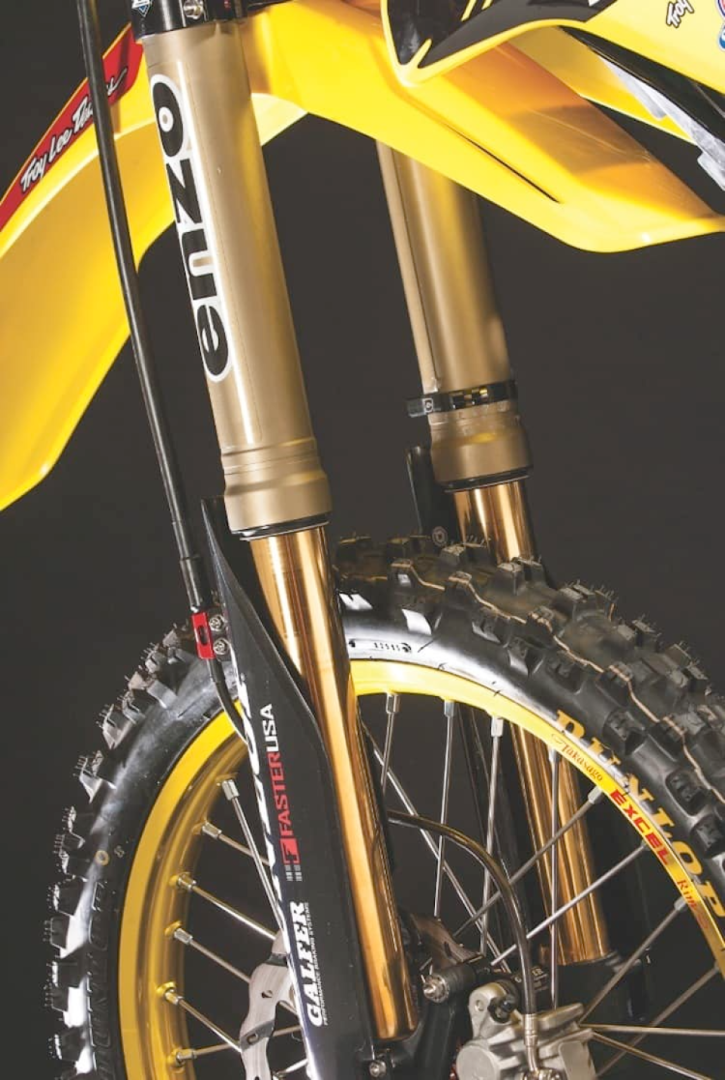
But what if Suzuki hadn’t pulled the plug? What would the 2017 Suzuki RM250 two-stroke look like? That answer may exist in a parallel universe, but not in the one we live in. Still, it isn’t hard to imagine what a brand-new RM250 would look like, especially given that Suzuki hasn’t updated the look of its RM-Z250s and RM-Z450s significantly over the same time frame. Interesting to think about, but not much more than a parlor game.
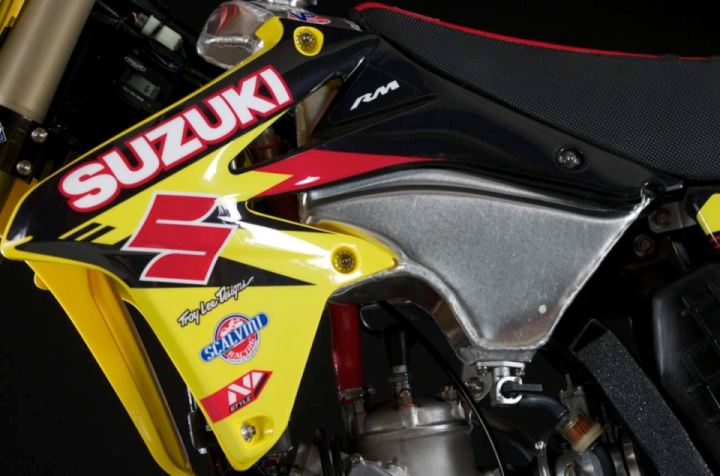
MXA knows a guy who may live in this universe, but thinks on a different plane. Shaun Langham got tired of waiting for Suzuki to build a new RM250, and he set out to rectify that. He knew that to create a new-age two-stroke, he would have to take the bones of a discontinued Suzuki RM250 and improve on every facet of the bike. His plan was to create a lighter, faster, better-suspended Suzuki smoker that looked like it belonged to the current Suzuki family of bikes.
Shaun started with a 2004 RM250—and for those who aren’t into two-stroke trivia, the 2004 through 2006 Suzuki RM250s were MXA’s 250 shootout winners. They were every bit as good as the venerable YZ250, and that machine still graces Yamaha dealerships to this day. Shaun’s donor machine was no ordinary RM250. This bike was originally built to the hilt for then-AMA Arenacross star Tommy Hofmaster by Motoworld Suzuki. It had all the bells and whistles, including 49mm Showa A-Kit suspension, a fully built Bill’s Pipes engine, Vortex ignition, Lectron carburetor and, best of all, it had been sitting unused in a warehouse for the past decade. It was as new as any old bike could be—a zero-hour masterpiece just waiting for Shaun to make it new again.
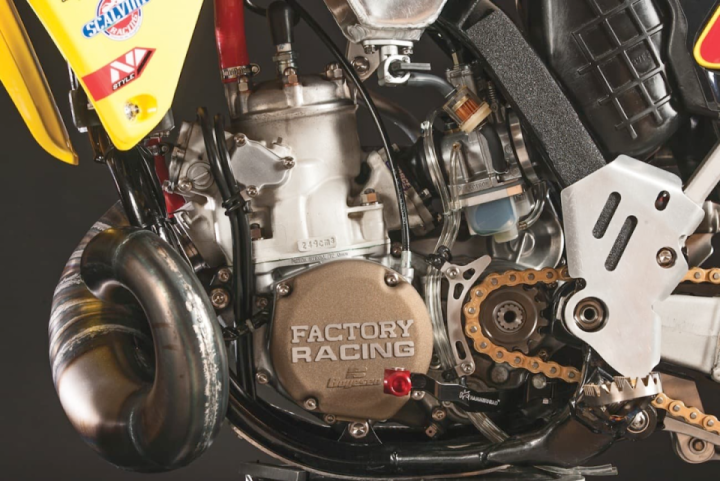
Although this show pony was barely broken in, having sat for over a decade, there were some ravages of time. The tires were cracked. The engine needed a going over, and the suspension fluids were questionable. Shaun sent the suspension to Enzo to have the Showa A-Kit units re-valved for modern motocross tracks.
In order to update the look, Shaun found a company in Italy called X Fun that specializes in making aluminum fuel tanks. X Fun’s aluminum tank is designed to work with the 2017 RM-Z radiator shrouds. Applied Racing made Shaun a set of custom triple clamps to mount the updated front fender and number plate on the 49mm forks. As for the side panels, Shaun took the old panels and cut them into a modern shape.
The weak brake system was upgraded with an oversized Galfer rotor and braided-steel brake line. The bike was lightened up with a RaceTech titanium bolt kit and Raptor titanium pegs. The engine already packed some serious punch with its ported cylinder and Vortex ignition, but Shaun did some extra massaging by installing a Steahly 12-ounce flywheel weight, Scalvini pipe and silencer, full Hinson clutch and Moto Tassinari V-Force reed cage. Faster USA wheels were shod with a Dunlop AT-81 front and MX3S rear. As for the old-school steel frame, time has reversed the motocross world’s opinion about the benefits of steel over aluminum, so the 2004 RM250’s steel tubing is now a plus, thanks to KTM doing the proof-of-concept testing.
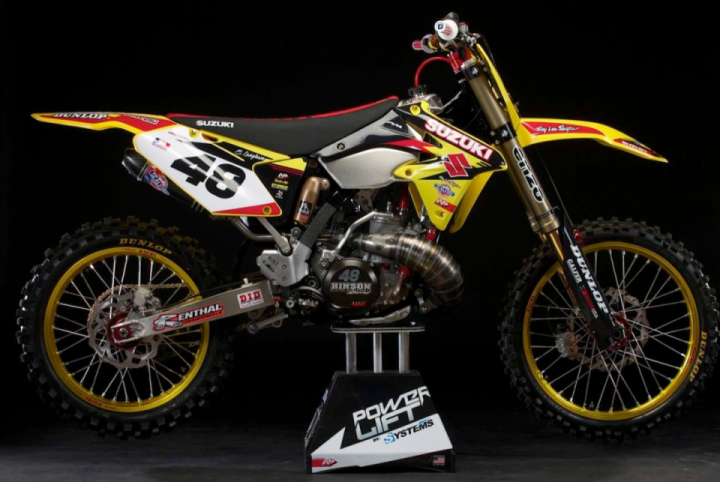
As it sat, it looked exactly like the way Shaun imagined a 2017 Suzuki RM250 would look. All he needed was to find out how the bike worked on the track. That is where the MXA wrecking crew came into the picture. Before Shaun ever rode it, he called MXA and asked us to run it through its paces. We knew this born-again RM250 was going to handle just like the 2017 RM-Zs. Decades ago Suzuki took a sharp left (literally) and never looked back. Suzuki prides itself on having the best-turning bikes on the market. Suzuki’s engineers have always been willing to give up straight-line stability in order to cut inside any bike on the track. This single exemplary handling trait has been Suzuki’s bread and butter for decades.
Once in the saddle of Shaun’s parallel-universe 2017 Suzuki RM250, we were transported to a different time, place and emotional state. On the track, the engine roared up Glen Helen’s mountains and floated down them. The powerful engine got the power to the ground. It had a broad powerband that was easy to ride and excelled under a load. The 10-year-old A-Kit suspension outperformed any production suspension on the market today. It was super progressive, held up well under a load and absorbed anything in its way. Shaun watched his bike perform with a gleam in his eye. He was proud of what he had built—and why not? He had done what Suzuki refused to do. Could this bike compete with the 2017 250cc two-strokes on the market today? You bet. In fact, it might well be the 2017 MXA 250 two-stroke shootout winner—in the parallel universe where a sea of yellow smokers still populate the tracks.
Custom: motocrossactionmag
#Suzuki #Custom #Bike #Moto #Motocross #Twostroke #RM250





